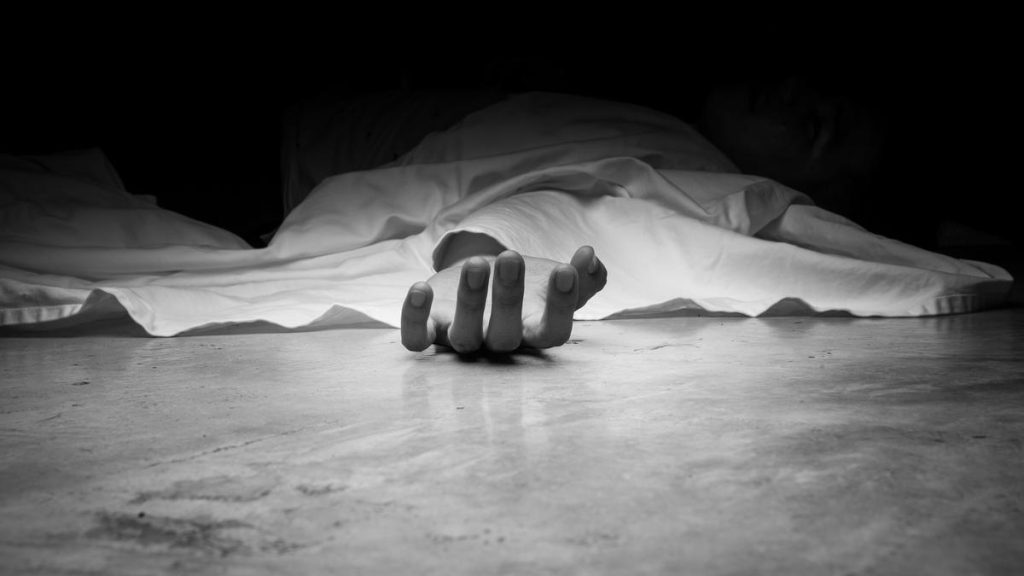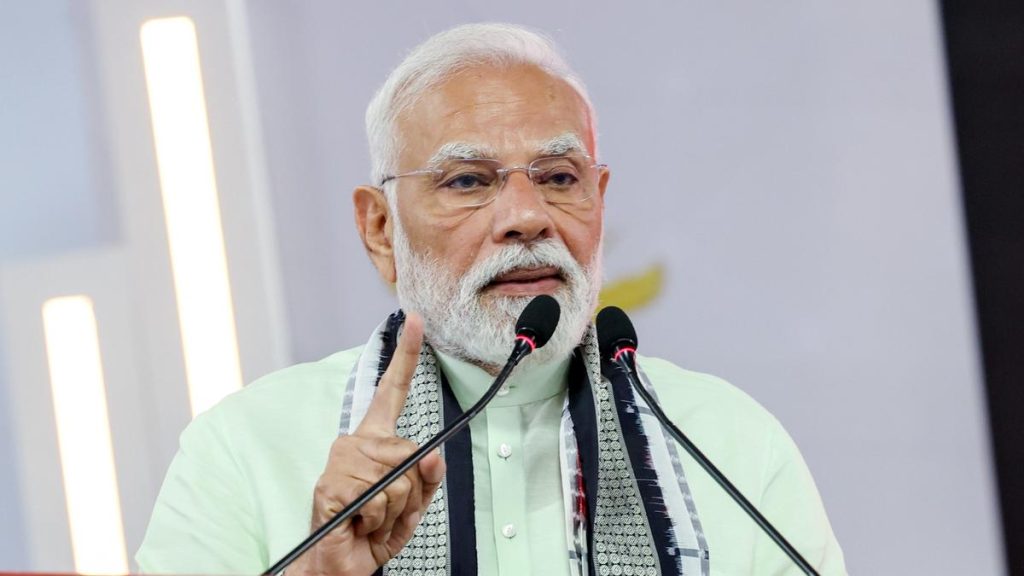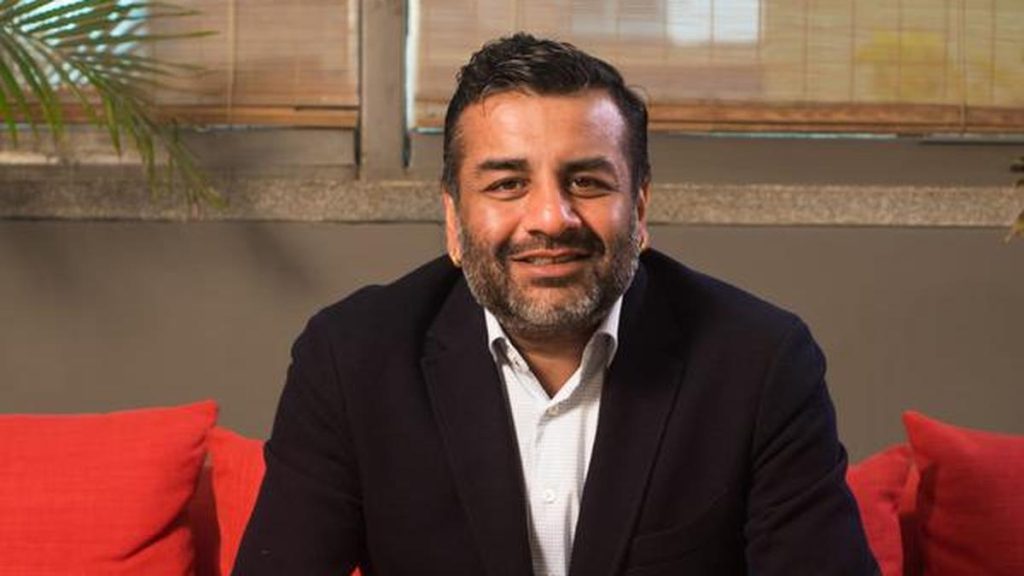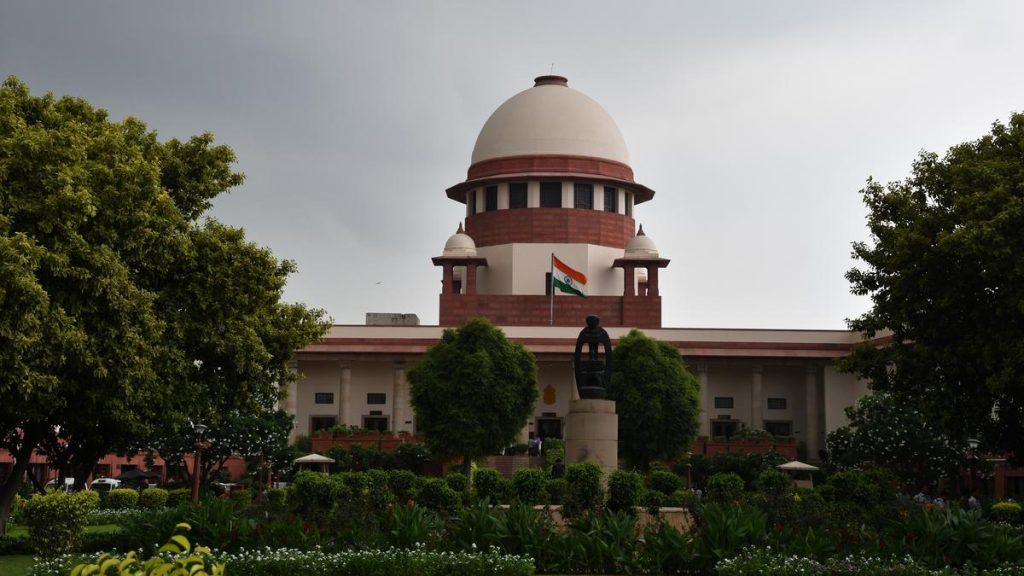Now Reading: Karnataka HC Defers Hearing on Dharmasthala Residents’ Plea
-
01
Karnataka HC Defers Hearing on Dharmasthala Residents’ Plea
Karnataka HC Defers Hearing on Dharmasthala Residents’ Plea

Swift Summary
- The Karnataka High Court adjourned a petition filed by two Dharmasthala residents too September 26.
- The petitioners, Purandara gowda (38) and Tukaram Gowda (48), requested the Special Inquiry Team (SIT) to inspect and excavate sites in Dharmasthala for alleged mass burials of assault victims based on information from Chinnaiah (45).
- Chinnaiah, who was initially a complainant but later arrested as an accused, reportedly provided false claims about mass burials.
- Investigations have revealed discrepancies in his statements, including forensic evidence showing skeletal remains recovered were male.
- Chinnaiah has admitted he worked as a sanitary worker in Dharmasthala up until 2014 and cooperated with prior police investigations into buried bodies. He is set to give another statement before the Magistrate court soon.
- Petitioners claimed they possess autonomous information unrelated to Chinnaiah’s claims and sought time to submit additional evidence.
- Justice M. Nagaprasanna stated that SIT could not be directed to act unless satisfied with credible independent information to avoid misuse of such petitions. The hearing was consequently adjourned.
Indian Opinion Analysis
This case highlights the challenges faced by investigative agencies and judiciary when dealing with sensitive allegations tied to public trust and administrative efficiency.On one hand, it raises questions about verifying allegations amid concerns over misrepresentation or conspiracies like those attributed to Chinnaiah. False leads not only waste judicial resources but could also unfairly malign institutions or regions.
However,the court’s nuanced approach serves as a safeguard against frivolous accusations while still leaving room for genuine concerns backed by concrete evidence. Should independent insight from credible sources surface in subsequent hearings, it strengthens both procedural justice and accountability mechanisms without prejudging outcomes.
























